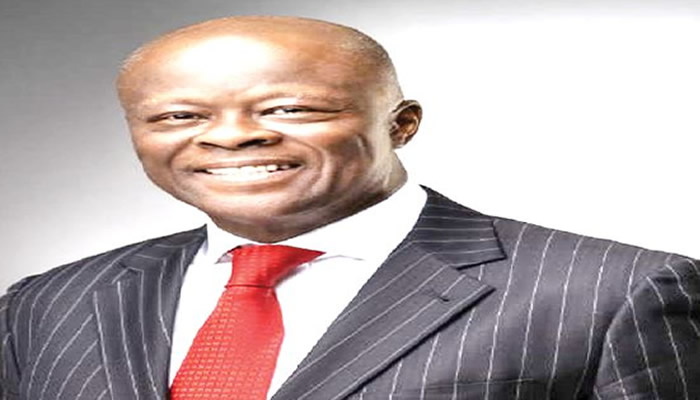The Nigerian government recently addressed public concerns regarding a 5% fuel surcharge stipulated within the newly enacted Nigerian Tax Administration Act 2025. Finance Minister Wale Edun clarified that this surcharge is not a new tax but a pre-existing provision dating back to the 2007 Federal Road Maintenance Agency Act. Its inclusion in the 2025 Act is primarily for harmonization and transparency within the broader tax code, not to signal an immediate implementation. The surcharge was initially intended as a user charge dedicated to road maintenance and development, with 40% earmarked for the Federal Roads Maintenance Agency (FERMA) for federal roads and the remaining 60% distributed to states for similar purposes. Currently, there is no commencement order for this surcharge, and its activation requires such an order issued by the Finance Minister and published in the government gazette. The government’s primary focus is on optimizing existing revenue streams, improving efficiency, and plugging leakages, rather than introducing new taxes.
The 5% fuel surcharge, though existing on paper for over 15 years, has not been actively implemented. Its reiteration in the 2025 Tax Administration Act serves to clarify its legal standing and integrate it into the consolidated framework. The objective behind the original 2007 provision was to create a dedicated funding mechanism for road infrastructure, crucial for economic activities, public safety, and overall mobility. Its presence in the new Act doesn’t automatically trigger its implementation. The Finance Minister stressed that the government’s current agenda prioritizes enhancing tax governance and efficiency, not simply adding new levies. The 2025 Act is designed to foster a more transparent and business-friendly environment, encouraging economic growth and improving collaboration between federal, state, and local governments on tax administration.
The government’s clarification aims to alleviate anxieties triggered by the mention of the surcharge in the new Act, particularly from trade unions who threatened strike action. Minister Edun emphasized that the implementation of the 2025 Act will be phased, with comprehensive public awareness campaigns to ensure understanding and smooth transition. The focus remains on enhancing tax compliance through streamlined procedures, rather than burdening citizens with additional costs. The government is committed to engaging with stakeholders throughout the process, ensuring the reforms contribute to a healthier and more sustainable economy. Before any implementation of the surcharge, a formal process involving a commencement order and public gazette publication will be followed, ensuring transparency and public awareness.
The Nigerian Tax Administration Act 2025 represents a significant overhaul of the nation’s tax system, aiming to consolidate various tax laws into a single, coherent framework. This streamlining is intended to simplify tax compliance for both individuals and businesses, reducing complexities and ambiguities. The Act also targets overlapping taxes and charges, aiming to create a more efficient and transparent system. This consolidation effort will not only simplify the tax landscape but also contribute to a more robust and predictable revenue stream for the government. The Act’s implementation, slated for January 1, 2026, will be preceded by extensive consultations and public awareness initiatives to ensure a smooth transition and widespread understanding of the new framework.
This comprehensive reform seeks to modernize the tax system, making it more responsive to the needs of a dynamic economy. By consolidating disparate tax laws and eliminating redundancies, the Act aims to reduce the administrative burden on taxpayers and improve overall tax compliance. The emphasis is on strengthening the foundations of the tax system rather than imposing new burdens. The government is committed to creating a more equitable and efficient tax environment that supports economic growth and development. This phased implementation, coupled with stakeholder engagement, aims to ensure the reforms are effectively integrated into the economic fabric of the country.
The government’s commitment to phased implementation and public engagement underscores its commitment to transparency and responsible governance. By addressing public concerns and providing clarity on the 5% fuel surcharge, the government aims to build trust and ensure a collaborative approach to tax reform. The 2025 Act is more than just a consolidation of existing laws; it represents a fundamental shift towards a more modern, efficient, and equitable tax system. The planned public awareness campaigns and stakeholder consultations are crucial for ensuring that the reforms are well-understood and embraced by all segments of society. The government believes that these reforms will lay a solid foundation for sustainable economic growth and development in the years to come.














